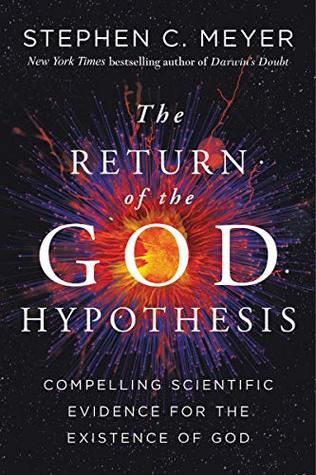In November 2016, the Royal Society, the world’s oldest and arguably most august scientific body, over which Isaac Newton once presided, hosted a similar conference in London to address perceived inadequacies in the standard neo-Darwinian theory of evolution. Austrian evolutionary biologist Gerd Müller (Fig. 10.4) opened the proceedings by outlining “the explanatory deficits” of neo-Darwinism, including its inability to explain the origin of “phenotypic complexity” and “anatomical novelty” in the history of life.11
Welcome back. Just a moment while we sign you in to your Goodreads account.


